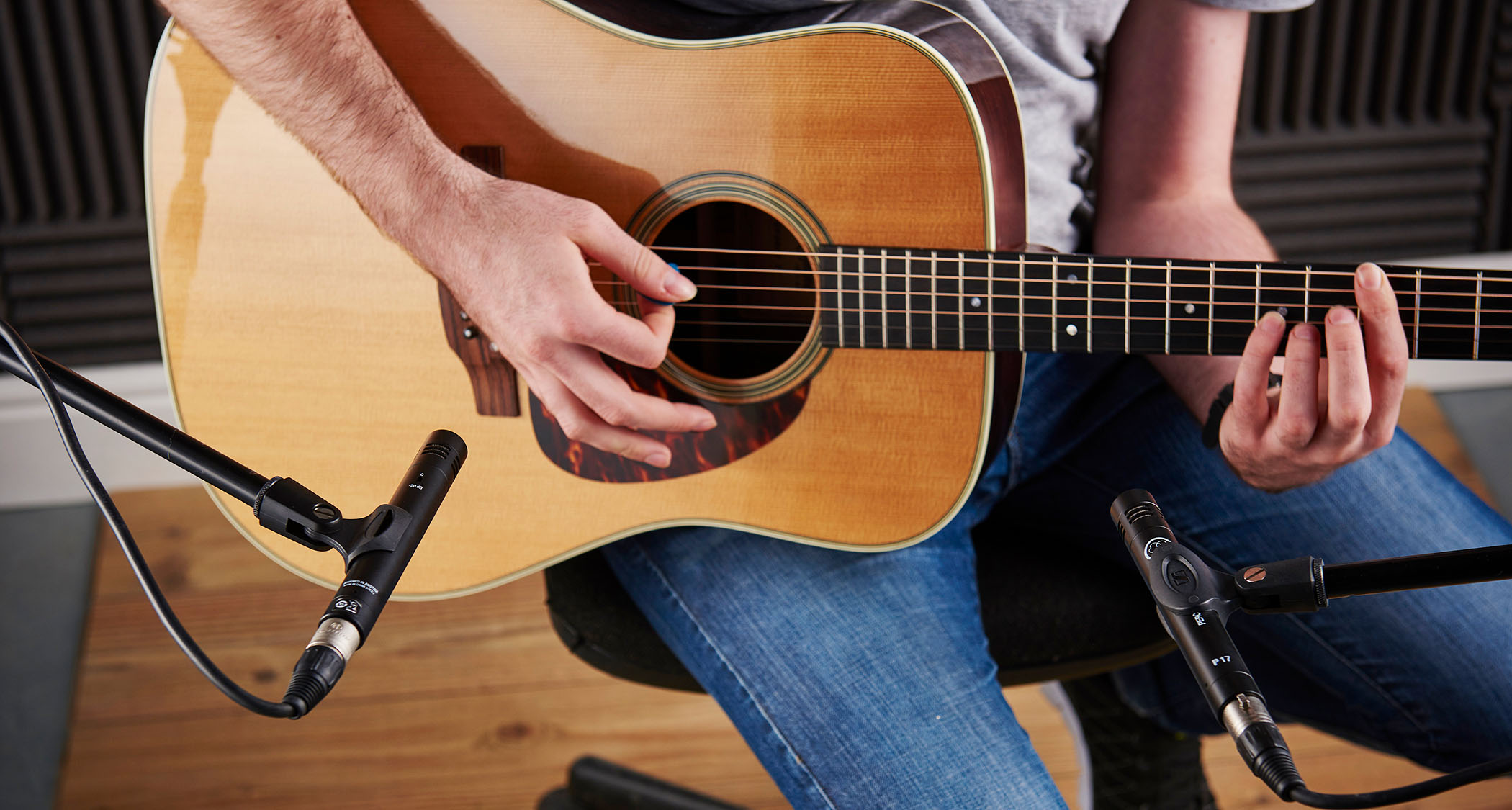“Some guitars are just that little bit special that they work their way in, you know?” Mark Knopfler on why he had to keep his Sultans of Swing Strat – despite selling his Money for Nothing Les Paul and the rest of his collection
The Dire Straits icon recently sold off his most famous and valuable instruments – but there were a few notable exceptions...

Mark Knopfler’s guitar auction at Christie’s earlier this year raised a staggering $11.2 million. Aside from the prices, the most remarkable thing about it was how many famous instruments it included, among them Knopfler’s Money For Nothing Les Paul and his red Walk of Life Schecter T-style.
At first glance, it seemed like Knopfler wanted an entirely clean sweep of his collection and was somewhat unsentimental about what he included in the sale –focusing instead on raising cash for a host of charities that are close to his heart.
However, in a new interview with Guitarist, the UK songwriter notes that wasn’t the case across the board and discusses a few of the instruments he couldn’t let go.
“You want to hang on to things that are family heirlooms, really,” Knopfler tells Guitarist.
“Like the National that Steve Phillips played – that was Steve’s National and I treasure it and that was the Romeo and Juliet National... but it’s the same thing for Strat Number One from Sultans [of Swing], so I am careful about that.”
It seems intriguing that Dire Straits legend is willing to part with the 1983 Gibson Les Paul he used to record and perform some of his most commercially successful material (not to mention one of the world’s most famous riffs in Money for Nothing), but not the 1961 Stratocaster he used on Sultans of Swing.
Likewise, the National Style O guitar that featured on the cover of Brothers in Arms has remained in his collection, but most of the guitars used to record that album (the Schecter, the Gibson et al) have not.
All the latest guitar news, interviews, lessons, reviews, deals and more, direct to your inbox!
As Knopfler mentions, the National previously belonged to his friend and fellow player/collector Steve Phillips and it seems it’s the people, not the records, associated with the guitars that mean the most to the guitar hero.

“There’s things that you get really closely attached to. For example, I got to be good pals with Tony Joe White and ... he gave me his ES‐330 that he used for Rainy Night In Georgia and Groupie Girl,” Knopfler tells Guitarist.
“I said, ‘You can’t give me this thing...’ but it was under his bed and covered in dust and the fingerboard was pitted so deeply from his sweaty gigs that it needed a new fingerboard anyway. So I got a new fingerboard for it and I use that 330 on every record that I make now; it’s just become part of the scenery.”
“So, again, some guitars are just that little bit special that they work their way in, you know? There will [always] be guitars like that. You couldn’t sell them and you wouldn’t want to sell them because they’d be just too hard to say goodbye to.”
For more from Knopfler’s extensive interview, including the background on the guitar hero-laden charity single Going Home, his changing relationship with guitar playing and new album One Deep River (due April 12), pick up issue 502 of Guitarist at Magazines Direct.

Matt is Deputy Editor for GuitarWorld.com. Before that he spent 10 years as a freelance music journalist, interviewing artists for the likes of Total Guitar, Guitarist, Guitar World, MusicRadar, NME.com, DJ Mag and Electronic Sound. In 2020, he launched CreativeMoney.co.uk, which aims to share the ideas that make creative lifestyles more sustainable. He plays guitar, but should not be allowed near your delay pedals.

